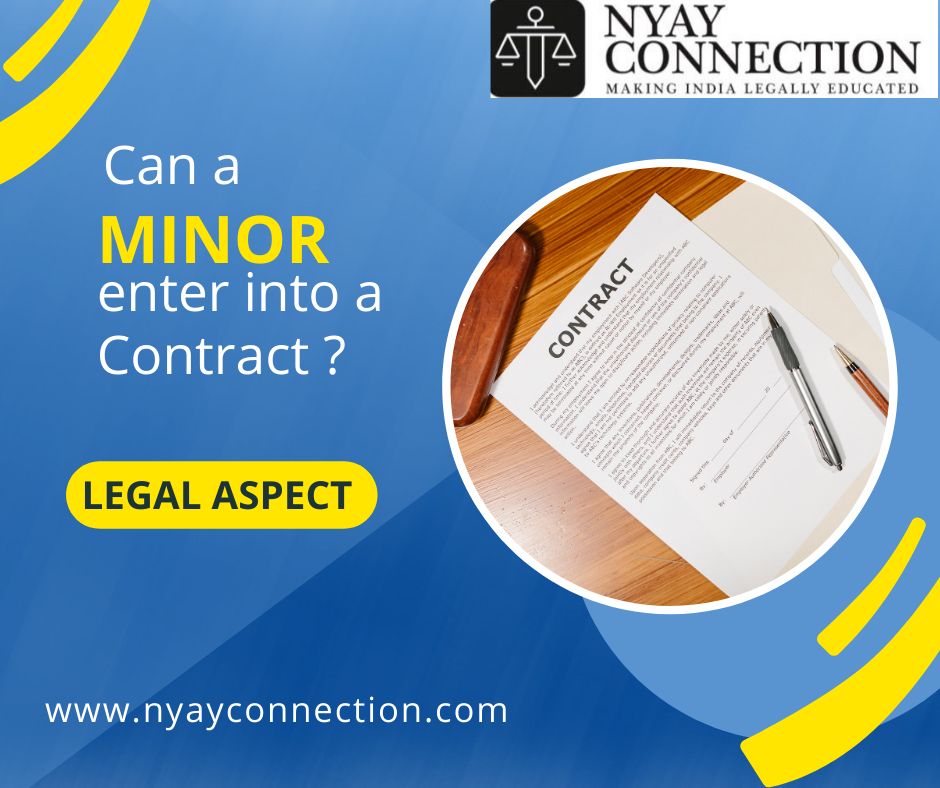Whenever you’re entering into an e-commerce business, you are bound to develop relationships with new people. Starting with your website and app developer to vendors, employees, customers, payment-gateway providers, logistics etc.

For example, whenever a customer purchases a product from your website, he is sharing his personal information with you like his name, address, credit/debit card details, phone number. While he is making a purchase, he is making a transaction with a third party payment-service provider like Google Pay, PayTM, PhonePe etc. The duty and responsibility to keep all this information secure and confidential rests on the business entity. Higher the security, more the credibility.
Likewise, when you’re allowing a vendor to sell his products on your website, he shall agree to work according to the terms and conditions of your website.
From planning a business to its execution, a business platform is required to have various agreements in place but in this article, we are going to discuss the most basic list of agreements that an e-commerce startup must have in place to run their business smoothly :
- Co-founders agreement : Every business starts with a plan. What if your potential partner after doing all the planning with you opens the same business with another person? How do you avoid it?
When two or more people are opening a new business, they are entering with a mutually agreed plan to execute and grow their business but there is always a probability of conflicts between partners at a later stage of the business regarding execution, growth, investments, responsibilities, bringing new partners, termination, decision making and so on. Conflicts like these make business suffer and suffer a lot.
To prevent all this from happening, it is always recommended to have a co-founders agreement between the partners listing the rights and duties of each partner towards the firm as well as the co-founders.
At an initial stage, till a plan hasn’t been executed, there may be a written memorandum of understanding between partners to maintain confidentiality and describing an overview of the plan such that there are no issues at the time of execution.
- Website development agreement : After you have a business plan and a co-founders agreement in place, the first thing you’re likely to do is approach a software developer to make your application or website.
Let’s analyse why an agreement with your website or application developer is all the most necessary through an example :
Suppose you approach a developer to make an application and both the parties agree to the development of the application for a price of rupees one lac only to be delivered within a period of 30 days as you’re set to launch your business in 40 days of time. You’ve also made a partial payment of 50% to the developer. Now, there may arise issues like :
(i) what if the app isn’t delivered to you within the agreed timing.
(ii) who will bear the losses and consequences due to the delay.
(iii) who will own the intellectual property rights of the app after it is delivered to you.
(iv) what if the developer discloses your unique idea to another startup who is trying to enter into the same business.
(v) will the developer be allowed to keep a copy of the application in his system. If yes, for how much time.
For reasons like these, it is of utmost importance to enter into an agreement with your developer.
- Vendors agreement : When you’re allowing third party vendors to sell products on your website, you’re most likely to have a share cut in the profits. Also, the products listed should be authentic and genuine. Fake products might cause legal troubles to you as well as the vendor. Therefore, it is required to have an agreement with your vendor specifying profit sharing margins, quality of products, delivery timings, timing for payments, return and replacement issues, complying with website policies etc.
- Logistics agreement : After a product is ordered, it is the duty of logistics to deliver the product to the customer. Generally, courier and postal services are used to ship products. Highly likely, startups don’t have their own courier services rather they contract with external courier service providers to deliver their products. To ensure that your products reach on time and safely, it is advised to have a contract in place with the service providers specifying the charges for delivery, timings for delivery, home delivery services, return pick up timings, quality check issues, safety of products, losses if the product gets damaged during the transit etc.
- Employee agreement : Even if you’re a small startup, you’ll still require employees to work for your business. The hours of work an employee would have to do, bonus, employee provident fund, minimum wages, safety, insurance, incentivisation, transportation, termination, gratuity, ESOPs needs to be specified in writing to avoid or minimise future conflicts and challenges.
What if the employee working under you takes your business plan and improvises it and opens the same business, right next to your door and provides better services and offers and disturb your customers.
What if he takes the other employees of your business entity with him and offers them better salaries, working conditions and facilities.
To prevent these circumstances, an agreement shall be made to be signed by every employee of the business entity restricting them to perform such work.
Also, compliances with all the strict labour laws in the country should be adhered to in all conditions to avoid penalties and punishments.
- Payment gateway service provider agreements : While making a purchase on your platform, the customers will be supposed to make payment through payment gateway service providers like GPay, PayTM, BHIM or other new service providers. In this situation, the customers would be sharing their account and bank details with you as well as the service provider.
Considering the increase in cyber crimes over the past few years, it is of utmost importance to protect and maintain the privacy and security of the bank account details of your customers. Various layers of security needs to be provided to the customer. That’s why, it is required to have agreements in place with the service providers about how the information will be kept confidential and with highest levels of security.
In conclusion, startups or even grown-up businesses should have all the above-stated agreements in place. Startups generally avoid all this stuff, considering the expenses charged by professionals for the same. But they need to understand that it may cost them heavily at a later stage or for that matter, at an earlier stage also. Never save on something which may cost you much higher later.
This article has been written by Advocate Pranav. For feedbacks, he may be contacted at Pranav J | LinkedIn or you may also whatsapp him at 9991189110.


